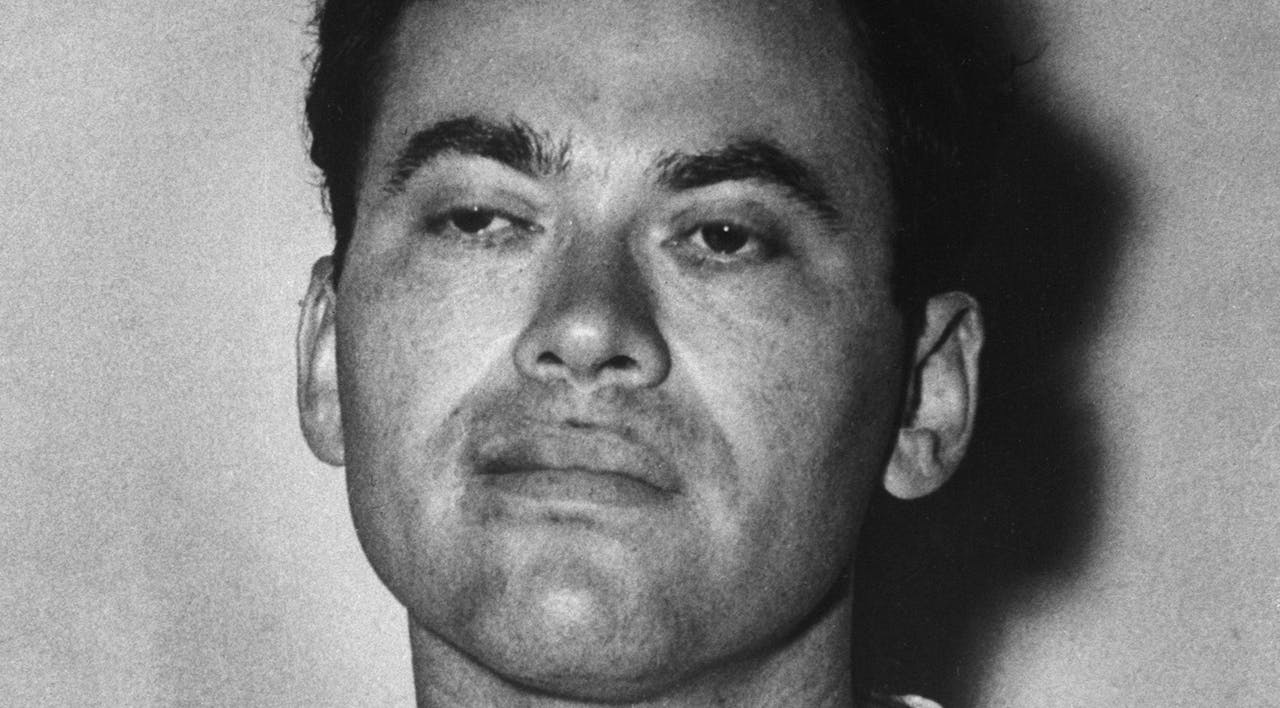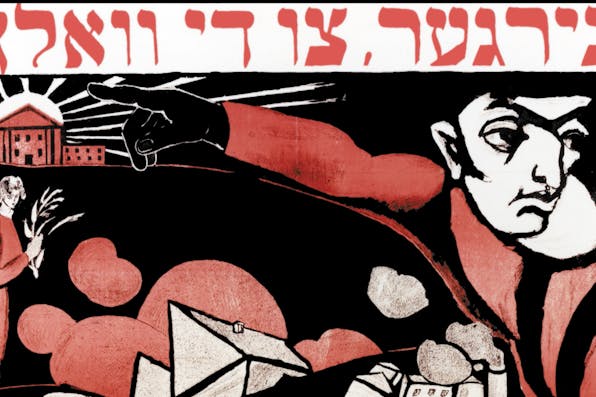
June 2019
The Death of Morton Sobell and the End of the Rosenberg Affair
With the recent death of the unrepentant spy, his story, along with that of other American Jews steeped in Communism, can finally be told.
Last December 26, at the age of one-hundred-one, Morton Sobell died. His name may be unfamiliar today, but the names of his associates are not: he was the co-defendant of Ethel and Julius Rosenberg in the 1951 atomic-bomb spy trial. The Rosenbergs were executed in 1953, but Sobell lived on, one of the few remaining survivors of the corps of Americans who spied for the Soviet Union. He kept the faith, steadfastly and with gusto, proclaiming his innocence and that of the Rosenbergs until 2008, when he belatedly confessed in public to their conspiracy to commit espionage.
To the degree that this belated confession shattered the vision of innocence still held by the remaining defenders of the Rosenberg ring—the vision, that is, that an entire generation of Soviet spies, including Alger Hiss, Judith Coplon, Harry Dexter White, Nathan Gregory Silvermasters, William Perl, Lauchlin Currie, and numerous others were pure and simple victims being hounded and persecuted by a paranoid United States government—then Sobell’s death marks the end of the entire sordid story.
But what exactly is his story? When I last saw him in 2016, at the age of ninety-nine, he threatened that if I wrote about him in a negative light, “You’ll take the consequences.” I found this strange, considering that he had already confessed to being a spy. But with his death it is at least possible to sketch that story in full.


